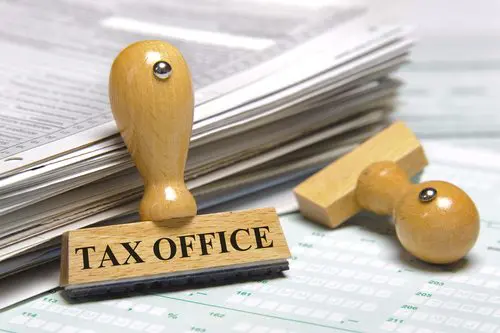If you want to keep your cash in your coffers, you need to be tax-savvy.
Benjamin Franklin once said: “Certainty? In this world nothing is certain but death and taxes,” and it seems hard to disagree with this sentiment. But while taxes might be difficult to avoid, it’s not all doom and gloom; the right guidance and strategy means there are still options out there to help you minimise the burden and keep the taxman at bay.
We recommend a bottom-up approach when tackling tax, which simply put means starting with the basics and gradually working your way up from there.
A great starting block for all individuals looking to protect their pennies from the taxman is a national savings account and an ISA. Since their debut in 1999, ISAs have grown to be the shining star among the tax-free vehicles and appeal to all ages. Their attraction is obvious; easy to access and simple to run all the while saving tax and therefore boosting returns.
At present, savers benefit from an allowance of £11,280, of which £5,640 is allocated to cash. This sum is forecast to rise to around £11,532 from next April to keep pace with the steady rise in living costs.
Once you’ve explored these options and made the most of your tax-free allowance, it’s time to take another step on the tax-saving ladder with a pension.
It’s been hard not to miss all the scaremongering headlines screaming of pitiful state handouts and pensioners pushed to the brink.
In October, the government took steps towards encouraging pension saving through auto-enrolment. While it might not be a radical overhaul of the pensions market, it is certainly a step in the right direction and has cast the spotlight on the need to prepare for the future.
The number one benefit of a pension is undoubtedly the sum of tax relief received on every contribution courtesy of the government. Basic rate taxpayers will automatically pocket 20% tax back from the government as an additional boost to their pension pot, while higher rate taxpayers can claim an additional 20% or 30%.
There is a plethora of options available from personal pension to occupational pension to self-invested personal pension and everything in between, but all share the same goal; creating a sizeable pot to provide a decent income once the time comes to hang up your working shoes.
What next? We believe that once the more mainstream tax-efficient tools are taken care of, it is time to consider the other more sophisticated avenues available.
He who dares wins
For those with a penchant for risk, venture capital trusts (VCTs) offer a shot at some of the juiciest tax breaks available. On the table is 30% income tax relief against the sum invested if held for five years, together with tax free dividends and freedom for Capital Gains Tax. They work by investing in very small unlisted companies and start ups. Your investment can be up to £200,000 a year and is committed for at least five years. As such, they can be high risk but if they perform well, they can offer a handsome return.
Enterprise Investment Schemes allow you to invest up to £1 million in a single qualifying company worth less than £15 million. Again, the sum invested receives 30% income tax relief, freedom from Capital Gains Tax after three years and qualifies from freedom from Inheritance Tax.
Getting bang for your buck
But while it’s easy to list the different investments available to help you minimise your tax liabilities, it’s sometimes harder to remember to utilise your personal allowance. A significant part of tax law that helps lessen the amount of tax payable is the personal allowance and we would urge all individuals to take advantage of theirs.
Income tax is another area which can often be overlooked but makes up an important component of tax planning. Next April, I’m sure many will be crossing their fingers that the goose lay golden eggs and a nice tax refund but this won’t happen without putting the work in.
If you’re a higher rate taxpayer, nearly half of your earned income will line the taxman’s pockets. For most employees, income tax is automatically deducted from their earnings before the money even hits the bank account. However, there are ways to reduce this. From payroll giving and Gift Aid, right through to salary sacrifice, there are options available.
Inheritance Tax
Last but not least is the dreaded inheritance tax. Unfortunately, there’s no escaping tax even in death. If your estate is worth more than £325,000, your heirs will be stung with a hefty 40% tax bill.
Tackling this amount is one of the biggest things you can do to help your family after you’ve gone.
Inheritance tax is a voluntary tax which you can avoid by the use of proper tax planning. We would recommend utilising wills, trusts and life insurance polices either individually or a combination of all three subject to the complexity of your estate.


